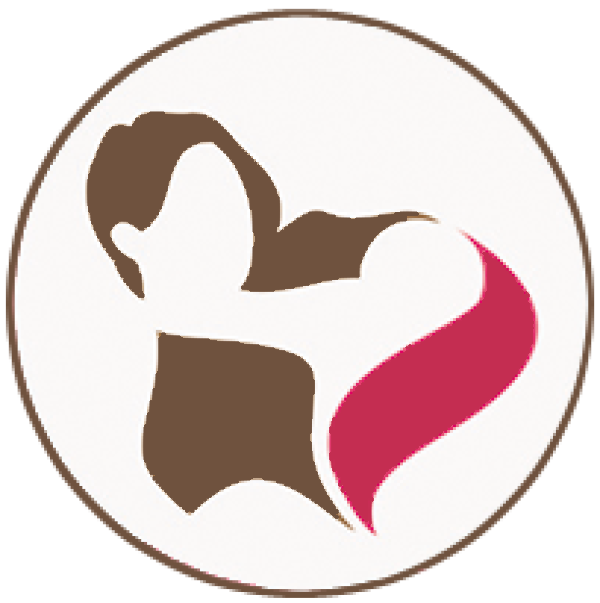In an article in the May issue of Redbook, “No, You Don’t Have to Breastfeed,” author Erin Zammett Ruddy described her horrific first breastfeeding experience when nipple trauma led to an agonizing antibiotic-resistant strain of mastitis. At her low point, she blessed the doctor who told her “It’s okay not to breastfeed” and accepted as her new mantra, “Formula is not the ‘F’ word.” Several years later she breastfed her second baby for her first 36 hours and then stopped with “zero guilt.” In a more intellectual examination of breastfeeding promotion, Hanna Rosin asks in “The Case Against Breastfeeding” published last year in The Atlantic Monthly, “Is breastfeeding this generation’s vacuum cleaner—an instrument of misery that mostly just keeps women down?” After focusing on several studies whose results were counter to breastfeeding’s health claims, she concluded that the evidence for breastfeeding was “thin” and was glad to breastfeed part-time and give her son “as much formula as he wants.”
Breastfeeding supporters often feel puzzled and frustrated by articles like these. We feel motivated to defend the science and straighten out their crooked thinking. But let’s keep in mind that these pieces are symptoms of the new, sometimes painful “in-between time” that we’re in. They are an inevitable part of our uneasy forward movement toward a breastfeeding-friendly culture. At their essence, they are reminders of the changes that still need to take place.
The Real Problem. Before Hanna Rosin appeared on the Today Show, I watched a fascinating interview with the show’s resident medical expert, Dr. Nancy Snyderman. When asked if Rosin was right that the evidence for breastfeeding was thin, I saw Snyderman dodge the question and describe how hard it was for her to breastfeed her baby with a job in television. Rather than address the health risks of not breastfeeding, which she was no doubt fully capable of doing, she instead described the practical hurdles employed women face.
This end-run around the facts was instructive. The science supporting breastfeeding has become irrefutable (see the Ip 2007 government-funded meta-analysis of the research), but many cultural  barriers remain, leaving mothers crazed. These authors complain bitterly about the social pressures to breastfeed, which comes from peers, the mainstream media, medical professionals, blogs, everywhere they turn. But while touting the importance of breastfeeding, the real problem is that our culture does not yet provide mothers with the medical and social support they need to make breastfeeding work.
barriers remain, leaving mothers crazed. These authors complain bitterly about the social pressures to breastfeed, which comes from peers, the mainstream media, medical professionals, blogs, everywhere they turn. But while touting the importance of breastfeeding, the real problem is that our culture does not yet provide mothers with the medical and social support they need to make breastfeeding work.
Unlike in Sweden, for example, where new mothers receive automatic, free postpartum home health care which includes breastfeeding help, when Erin Zammett Ruddy (the Redbook author) faced excruciating nipple and pain and trauma after hospital discharge, she had to first find a lactation consultant and then pay $300 out of pocket to help her solve her problem. Although her initial pain was relieved, her nipple trauma led to mastitis (a common complication after broken skin allows bacteria to enter the breast). Yet according to her article, after her physician treated her, she had two more recurrences, a sign she had received the wrong treatment multiple times.
Ineffective or even inappropriate treatment for breastfeeding problems is unfortunately common, because most U.S. healthcare providers do not receive breastfeeding training. In a survey of 3,115 residents and 1,920 practicing physicians in pediatrics, family practice, and obstetrics, a substantial percentage of respondents gave incorrect responses when asked specific questions about breastfeeding management and seemed unaware of the negative health outcomes of nonhuman milks (Freed 1995a; Freed 1995b).
In her response on the Today Show, Dr. Nancy Snyderman spoke about the workplace pressures mothers face that make continued breastfeeding or milk expression impossible, even for upper-income physicians like her. Is it no wonder there’s a backlash?
Facts and Feelings. But let us be clear. The problem here is not breastfeeding or the pressure to breastfeed. No one bats an eye about “making mothers feel guilty” about any other decisions that can have a real impact on their or their children’s health. Car seats? Vaccinations? Mammograms? Smoking? Alcohol consumption during pregnancy? You’ll never hear tirades about guilt trips on these subjects.
And this debate is most definitely not about “choice.” Last time I checked, my supermarket shelves were fully stocked with infant formula. No one prevents any mother from buying it or feeding it to their baby.
The very real pressure mothers feel and reflect in these articles is a result of our often uncomfortable “in-between time.” Science has proven the importance of breastfeeding to mothers and babies. But we have not yet removed the cultural barriers that make breastfeeding impossible for many women. In hospitals where babies are born, breastfeeding help is often inadequate due to understaffing. We send mothers home after discharge with no breastfeeding help or support. They have to find it on their own and then pay to get it. Because many healthcare providers do not know how to help them, they say it’s “okay not to breastfeed.” Maternity leaves are short, for many unpaid, and many employers are unwilling to provide mothers with a time and place to breastfeed or express their milk. Should we really be surprised that mothers write articles like these?
The problem here is not breastfeeding or our public health initiatives, which exist to remind us about healthy choices. The real culprit here is that cultural barriers to breastfeeding have not yet been removed. I was thrilled to read in a study from Australia, that when breastfeeding becomes universal (in this part of the world 96% of women breastfeed), women in all ethnic groups and at all education and income levels breastfeed equally (Scott 2006). That’s because breastfeeding is supported in birthing facilities, at home, and in workplaces. We have a long way to go to achieve this. In the meantime, as we respond to these articles, let’s give these women the sympathy they deserve and shift the focus to where it belongs: to making our cultural institutions breastfeeding friendly.


